
ACMT Youth SUD Symposium
- Registration Closed
Overview
The American College of Toxicology (ACMT) presents the ACMT Symposium | Substance Use Disorder in Adolescents and Young Adults: Unique Challenges on-demand course!
Adolescents comprise approximately 15% of the population, and the number of adolescents who use non-prescribed substances is staggering, with about 2.08 million (8.33%) of 12- to 17-year-olds nationwide reporting use within the past month. Non-prescribed substance use increased 61% among 8th graders between 2016 and 2020. Unfortunately, treatment resources are limited and there is a lack of exposure to training physicians in the treatment of these patients. Additionally, there are unique challenges within this patient population, including the on-going brain development throughout puberty and adolescence that can impact decision making and substance use. Many who are exposed to illicit substances in youth progress to develop substance use disorders as adults. The increasing novelty of substances of abuse, the rise of fentanyl and marijuana use in the adolescent population, and the overall lack of adequate treatment for this group (including medication-assisted therapy) will increase the need to have informed providers to care for this population.
This self-paced course is created from the recording of our live, in-person pre-meeting symposium in Washington DC on April 11, 2024. The content has been edited and packaged into eight asynchronous lectures, with topics including the assessment and treatment of SUD in youth, family involvement in youth SUD treatment, youth SUD updates on various topics, and the potential development effects of cannabis. Experts, researchers, and healthcare professionals gather to explore the unique challenges surrounding adolescent substance use.
Registration for this course includes 90 day access to the on-demand material and 5.50 Continuing Education credits for Physicians, Pharmacists, and Nurses.
Target Audience
This course is tailored for medical toxicologists, addiction medicine specialists, pediatricians, psychiatrists, psychologists, nurses, and all healthcare providers dedicated to improving the lives of young individuals battling substance use disorders.
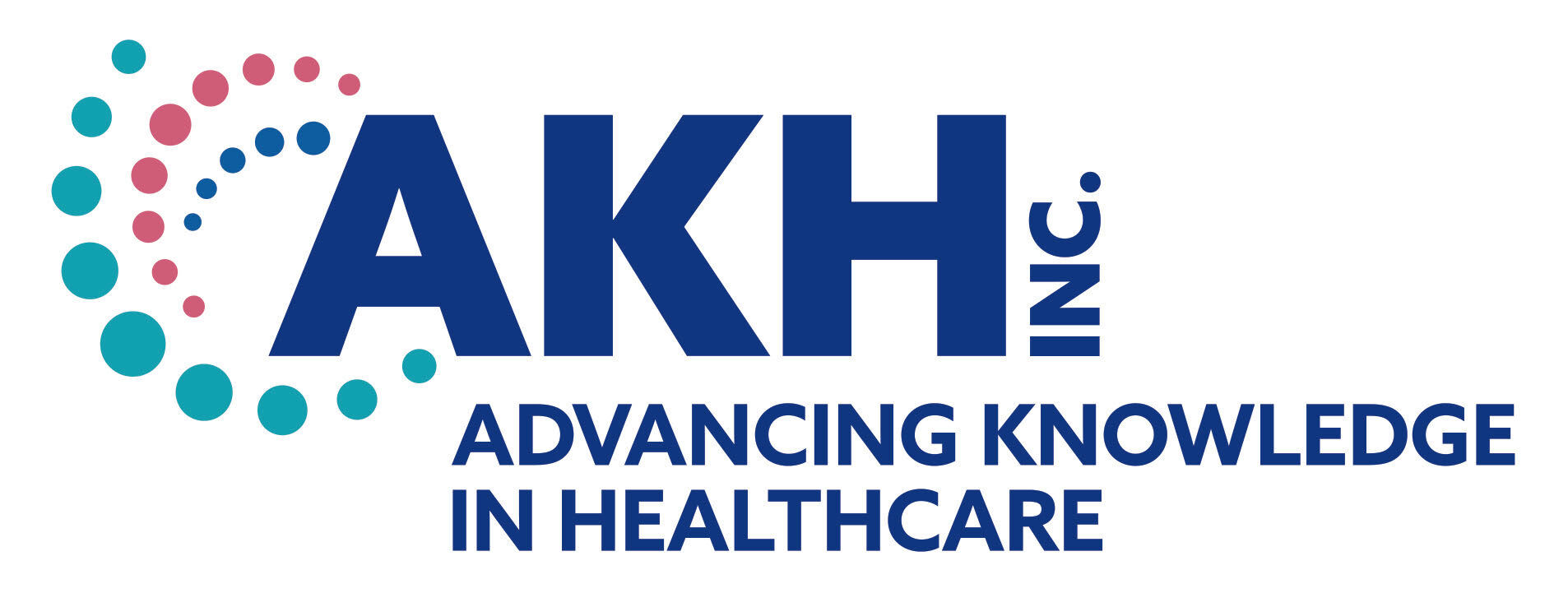
Continuing Education
Enduring continuing education credits for physicians, pharmacists and nurses is provided by AKH Inc., Advancing Knowledge in Healthcare. It is expected that learners will receive up to 5.50 credits for learning and change.
For more information, click here.
Learning Objectives
After Attending This Program You Should Be Able To:
1) Illustrate the epidemiology and trends of adolescent SUD in the United States.
2) Identify the biological and psycho-social factors that differentiate adolescents from adults in the context of substance use.
3) Explore multifaceted SUD treatment approaches and gain greater insight into how to tailor treatment plans to meet the unique needs of adolescent patients struggling with substance use.
Questions?
Please write to ACMT at events@acmt.net
Other #ACMT2024 Content
Interested in our 2024 Annual Scientific Meeting? Check it out through the link below!
Syllabus
Total Activity Length: approximately 5.50 hours (338 minutes)
Developmental Vulnerabilities in Substance Use Disorders: Why Are Youth Different? | 42 min
Marc Fishman, MD, FASAM, Medical Director, Maryland Treatment Centers; Addiction Psychiatrist, Department of Psychiatry and Behavioral Sciences, Johns Hopkins University School of Medicine, Rockville, MD
Dr. Marc Fishman discusses the increased risk of substance use and substance use disorder (SUD) in youth and the factors that make this demographic particularly vulnerable to SUD.
Assessment and Treatment of SUD in Youth: Beyond SBIRT | 32 min
Camille Broussard Robinson, MD, MPH, Assistant Professor of Pediatrics, Johns Hopkins University School of Medicine, Baltimore, MD
Dr. Camille Broussard discusses the differences and challenges with assessing and treating the youth population for SUD. She describes the utilization of SBIRT in adolescent and young adult health, how to engage youth during assessments and the assessment domains needed for an adequate evaluation, applying ASAM criteria to determine the level of care needed, and identifying potential options for pharmacologic treatment of SUD in youth.
Opioid Use Disorder in Youth -- When To Consider MAT | 30 min
Ann B. Bruner, MD, Pediatrician, Mountain Manor Treatment Center, Baltimore, MD
Presented by Dr. Ann Brunner, this presentation provides a comprehensive look into the opioid crisis in youth populations as well as why and when medical treatment should be considered for youth with OUD.
Family Involvement in Youth SUD Treatment | 34 min
Kevin Wenzel, PhD, Psychologist and Director of Research, Maryland Treatment Centers, Mountain Manor Treatment Center, Baltimore, MD
Dr. Kevin Wenzel presents a compelling presentation on the importance of family involvement in the treatment of youth SUD and the strategies one can approach to build that engagement and dynamic for family members.
Youth SUD Updates on Patterns & Trends, Vaping & Emerging Substances, and Cannabis | 60 min
Leslie R. Dye, MD, FACMT, FASAM, FACCT, Clinical Professor, Emergency Medicine, Assistant Medical Director, Wright State University/Boonshoft School of Medicine, OneFifteen, Dayton, OH
Camille Broussard Robinson, MD, MPH, Assistant Professor of Pediatrics, Johns Hopkins University School of Medicine, Baltimore, MD
Jordan Davidson, Communications and Legislative Affairs Officer, Smart Approaches to Marijuana (SAM), Alexandria, VA
Moderator
Ashley Haynes, MD, FACEP, Medical Toxicologist, Addiction Medicine Specialist, Ascension Via Christi Hospitals, Andover, KS
During this panel, recent findings on growing trends, substances, and outcomes are discussed regarding youth SUD. Dr. Leslie R. Dye covers the trends and patterns found in recent research regarding youth substance use and hypothesizes the reasons for the increase in usage. Dr. Camille Broussard identifies the emerging substances that healthcare professionals should be aware of the concerns associated with them and adolescent use. Jordan Davis dives into the latest statistics and facts on mamajuana use in legalized states and discusses the negative mental health outcomes for adolescents who smoke mamajuana. The panel closes with an open Q&A with the audience.
Developmental Effects of Cannabis and Psychiatric Consequences | 31 min
Marc Fishman, MD, FASAM, Medical Director, Maryland Treatment Centers; Addiction Psychiatrist, Department of Psychiatry and Behavioral Sciences, Johns Hopkins University School of Medicine, Rockville, MD
Dr. Marc Fishman returns to discuss the particular risks in psychiatric health and cannabis use disorder in youth and adolescents.
The Evidence for Replacing the Current Normalization of Youth Drug Use with a New Health Standard | 51 min
Robert L. DuPont, MD, President, Institute for Behavior and Health; Clinical Professor of Psychiatry, Georgetown University School of Medicine, Rockville, MD
In this presentation, Dr. Robert L. DuPont presents the case of replacing the current normalization of youth SUD with a new health standard of . Dr. DuPont covers the evolution of the national drug scene, why the youth population is particularly susceptible to addiction, and the research to suggest a better approach to deter youth from drug use.
Youth SUD Case-Based Panel | 58 min
Panel
Marc Fishman, MD, FASAM, Medical Director, Maryland Treatment Centers; Addiction Psychiatrist, Department of Psychiatry and Behavioral Sciences, Johns Hopkins University School of Medicine, Rockville, MD
Ann B. Bruner, MD, Pediatrician, Mountain Manor Treatment Center, Baltimore, MD
Robert L. DuPont, MD, President, Institute for Behavior and Health; Clinical Professor of Psychiatry, Georgetown University School of Medicine, Rockville, MD
Ashley Haynes, MD, FACEP, Medical Toxicologist, Addiction Medicine Specialist, Ascension Via Christi Hospitals, Andover, KS
Robert Cole Pueringer, MD, Medical Toxicologist and Addiction Medicine Specialist, Essentia Health, Duluth, MN
Moderator
Leslie R. Dye, MD, FACMT, FASAM, FACCT, Clinical Professor, Emergency Medicine, Assistant Medical Director, Wright State University/Boonshoft School of Medicine, OneFifteen, Dayton, OH
This panel uses real medical case examples to discuss the management of SUD in youth. Moderated by Dr. Leslie Dye, case presenters include Dr. Marc Fishman, Dr. Ann Bruner, and Dr. Robert DuPont.
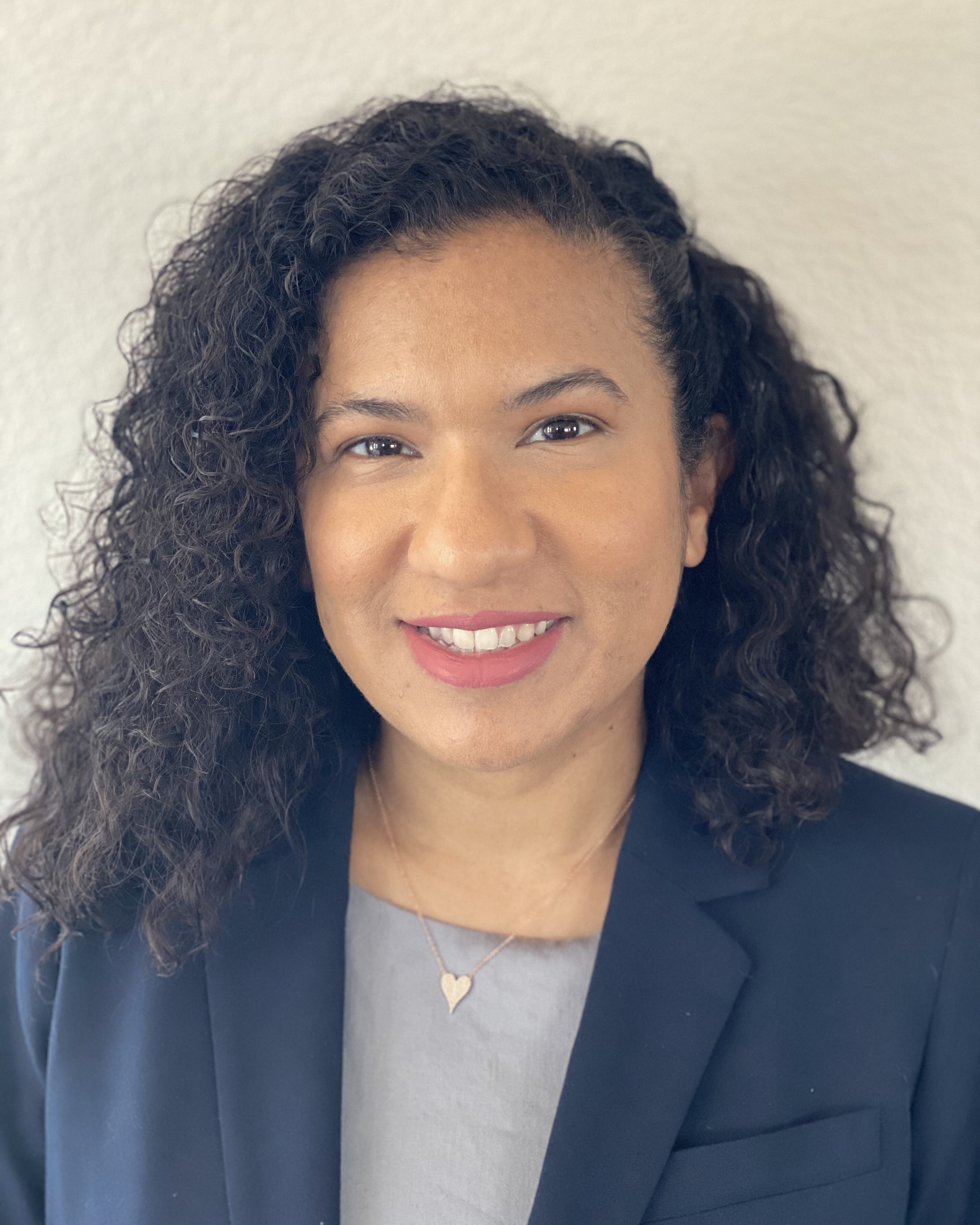
Camille Broussard Robinson, MD, MPH
Assistant Professor of Pediatrics
Johns Hopkins University School of Medicine
Dr. Camille Broussard Robinson is an Assistant Professor of Pediatrics at the Johns Hopkins University School of Medicine in the Division of Adolescent & Young Adult Medicine. She is a public health-trained and board-certified Pediatrics, Adolescent Medicine, and Addiction Medicine specialist. She provides primary care and subspecialty consultative care to adolescents and young adults in the Center for Adolescent and Young Adult Health at Johns Hopkins Harriet Lane Clinic. Additionally, she provides subspecialty care for adolescents and young adults with Chronic Fatigue Syndrome, Postural Orthostatic Tachycardia Syndrome (POTS), and Long COVID in the Johns Hopkins Children’s Center Chronic Fatigue Clinic. As a clinician-scientist, her focus has been on the equitable care of underserved, medically and socially complex adolescent and young adult populations.
Dr. Broussard Robinson serves in several leadership roles including as associate director for the Adolescent Medicine fellowship program at Johns Hopkins and as Director of Research for the Chronic Fatigue Program at Johns Hopkins Children’s Center. She is also committed to the provision of trauma- and resiliency-informed, structurally competent care of adolescents and young adults and is involved in undergraduate, graduate, and continuing medical education in this area.
Dr. Broussard Robinson earned her medical degree from the University of California, San Francisco and an MPH from the University of California, Berkeley. She then completed a residency in Pediatrics, fellowship in Adolescent Medicine, and training in Addiction Medicine at the Johns Hopkins University School of Medicine.
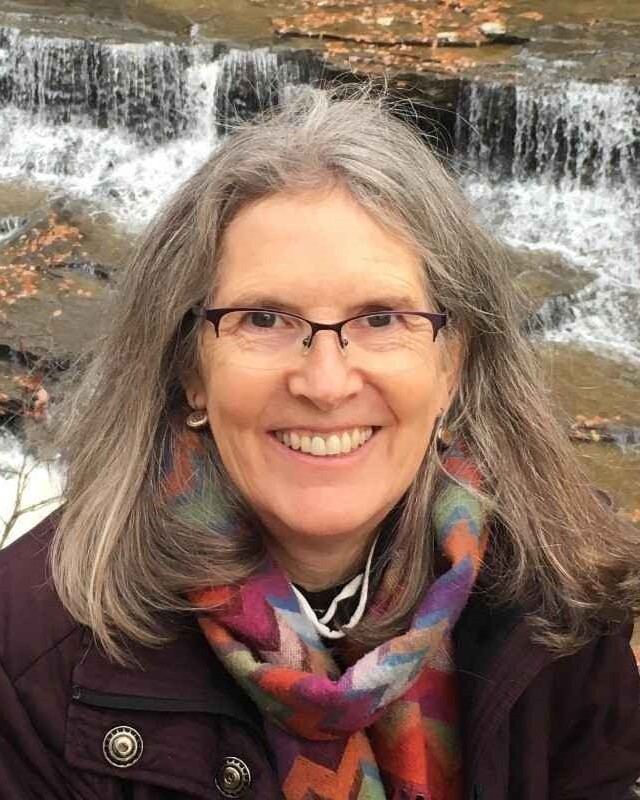
Ann Bruner, MD
Pediatrician
Mountain Manor Treatment Center
Dr. Bruner is the Medical Director of Young Adult Services at Maryland Treatment Centers. She supervises aspects of residential treatment, detox services, and aftercare/outpatient services and has extensive experience in the diagnosis and management of opioid use disorders. She is graduate of Brown University and Columbia College of Physicians and Surgeons. Dr. Bruner completed her residency in General Pediatrics at Childrens National Medical Center in Washington DC, a fellowship in Community Health with the National Association of Community Health Centers, and a fellowship in Adolescent Medicine at Johns Hopkins Hospital. She is Board Certified in Adolescent Medicine and Addiction Medicine. Prior to working at Maryland Treatment Centers, Dr. Bruner worked at the Johns Hopkins University Student Health and Wellness Center. She is an Adjunct Professor of Pediatrics at the Johns Hopkins School of Medicine.
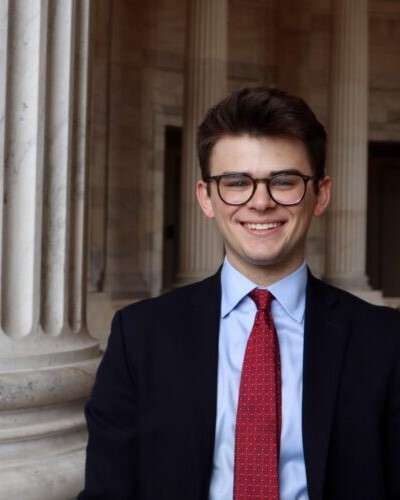
Jordan Davidson
Communications and Legislative Affairs Officer
Smart Approaches to Marijuana (SAM)
Jordan Davidson serves as SAM’s Communications and Legislative Affairs Officer. When he was 17 years old, Jordan entered long-term addiction recovery after struggling with cannabis use disorder. Prior to joining SAM, Jordan worked in Connecticut politics at the state and federal level. At SAM, Jordan is a principal legislative staffer managing federal policy on Capitol Hill. Jordan helped shepherd the passage of the Medical Marijuana and Cannabidiol Research Expansion Act, the first-ever marijuana reform bill signed into law. He has also led the successful efforts to defeat Congressional passage of the MORE, States Reform, Cannabis Administration and Opportunity, and SAFE Banking Acts. Since he joined SAM in 2019, Jordan has specialized in youth outreach and substance abuse prevention. He has been invited as a guest speaker by organizations and members of Congress across the country. Jordan has a degree in Political Science from American University in Washington, D.C.
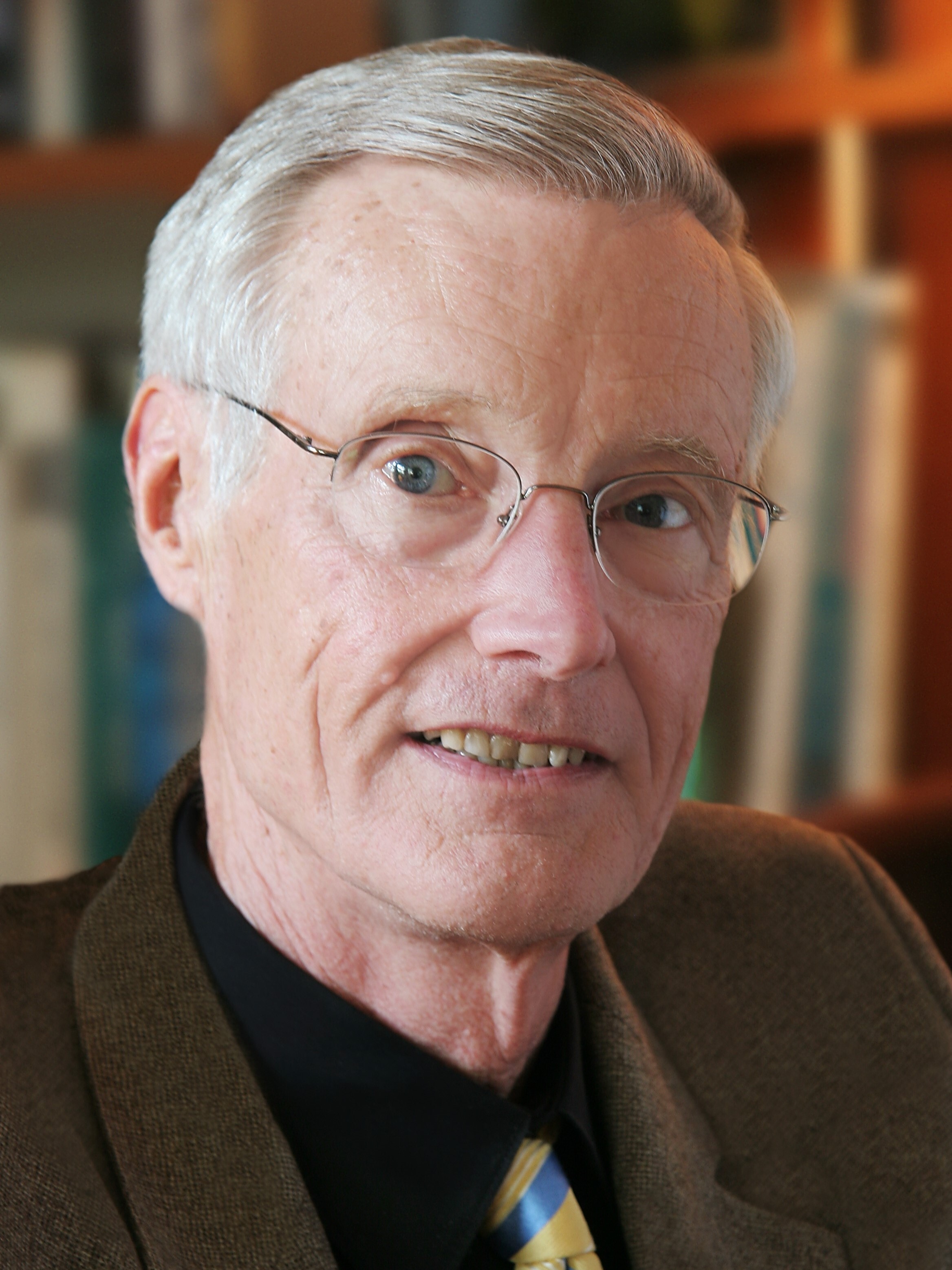
Robert L. DuPont, MD
President; Clinical Professor of Psychiatry
Institute for Behavior and Health; Georgetown University School of Medicine
For 50 years, Robert L. DuPont, MD has been a leader in substance use disorder treatment and prevention. He was the first Director of the U.S. National Institute on Drug Abuse (1973-1978) and the second White House Drug Chief (1973-1977). From 1968-1970 he was Director of Community Services for the District of Columbia Department of Corrections. From 1970-1973, he served as Administrator of the District of Columbia Narcotics Treatment Administration. In 1978 he became the founding President of the Institute for Behavior and Health, Inc., a non-profit research and policy organization that identifies and promotes powerful new ideas to reduce drug use and addiction. A graduate of Emory University, Dr. DuPont received an MD degree in 1963 from the Harvard Medical School. He completed his psychiatric training at Harvard and the National Institutes of Health in Bethesda, Maryland. Dr. DuPont has been Clinical Professor of Psychiatry at the Georgetown University School of Medicine since 1980. His most recent book is Chemical Slavery: Understanding Addiction and Stopping the Drug Epidemic.
Leslie R. Dye, MD FACMT FASAM (Moderator)
Medical Director, OneFifteen
Clinical Professor, Department of Emergency Medicine, Boonshoft School of Medicine, Wright State University
Leslie R. Dye, MD is triple board certified in emergency medicine, medical toxicology, and addiction medicine. She has worked in the fields of medical toxicology and addiction medicine for 30 years. In addition to her clinical expertise, she has academic and business content expertise from experiences as an editor-in-chief (EIC) of a peer-reviewed medical journal (Journal of Medical Toxicology) and EIC of physician and pharmacist content production for a leading international medical digital content provider. Her deep subject matter expertise is demonstrated in her role as senior editor of the textbook, Case Studies in Medical Toxicology, author of 18 peer reviewed publications and 16 textbook chapters, 66 national and 11 international presentations, 10 various commentaries, interviews, and podcasts. Her leadership skills have been proven in both corporate and academic environments, as professor at a medical school, long-term board member and past president of the American College of Medical Toxicology, Chair of the Addiction Medicine Committee, former co-chair, and co-moderator of the AACT Acute and Intensive Care Symposium, and as the manager of as many as 30 team members at an international corporation. She received a funded grant that enabled her to start the first poison control center in mainland China and trained 6 Chinese physicians in the field of medical toxicology over 3 years in the US. Dr. Dye is experienced in and continues to provide medical care in remote polar regions with no access to advanced medical facilities.
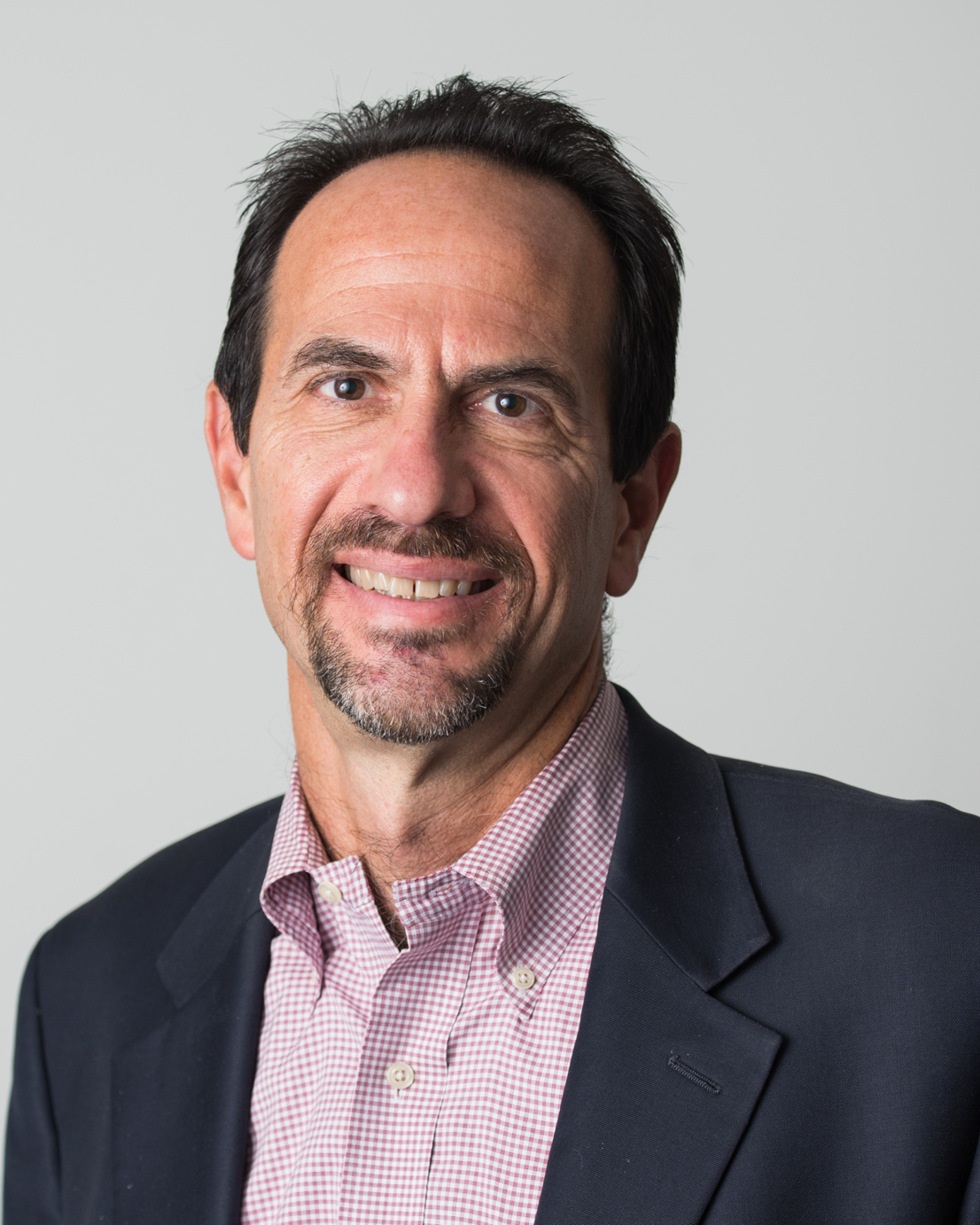
Marc Fishman, MD, FASAM
Medical Director
Maryland Treatment Centers
Marc Fishman MD is an addiction psychiatrist and a member of the faculty of the Department of Psychiatry at the Johns Hopkins University School of Medicine. He leads Maryland Treatment Centers, a regional provider of addiction and co-occurring treatment for adolescents and adults. His academic work has focused on SUD treatment in youth, opioid addiction, SUD medications, and co-occurring disorders treatment. He was a co-editor of recent editions of the ASAM Criteria. He is a past President of the Maryland Society of Addiction Medicine and a current member of its Board.
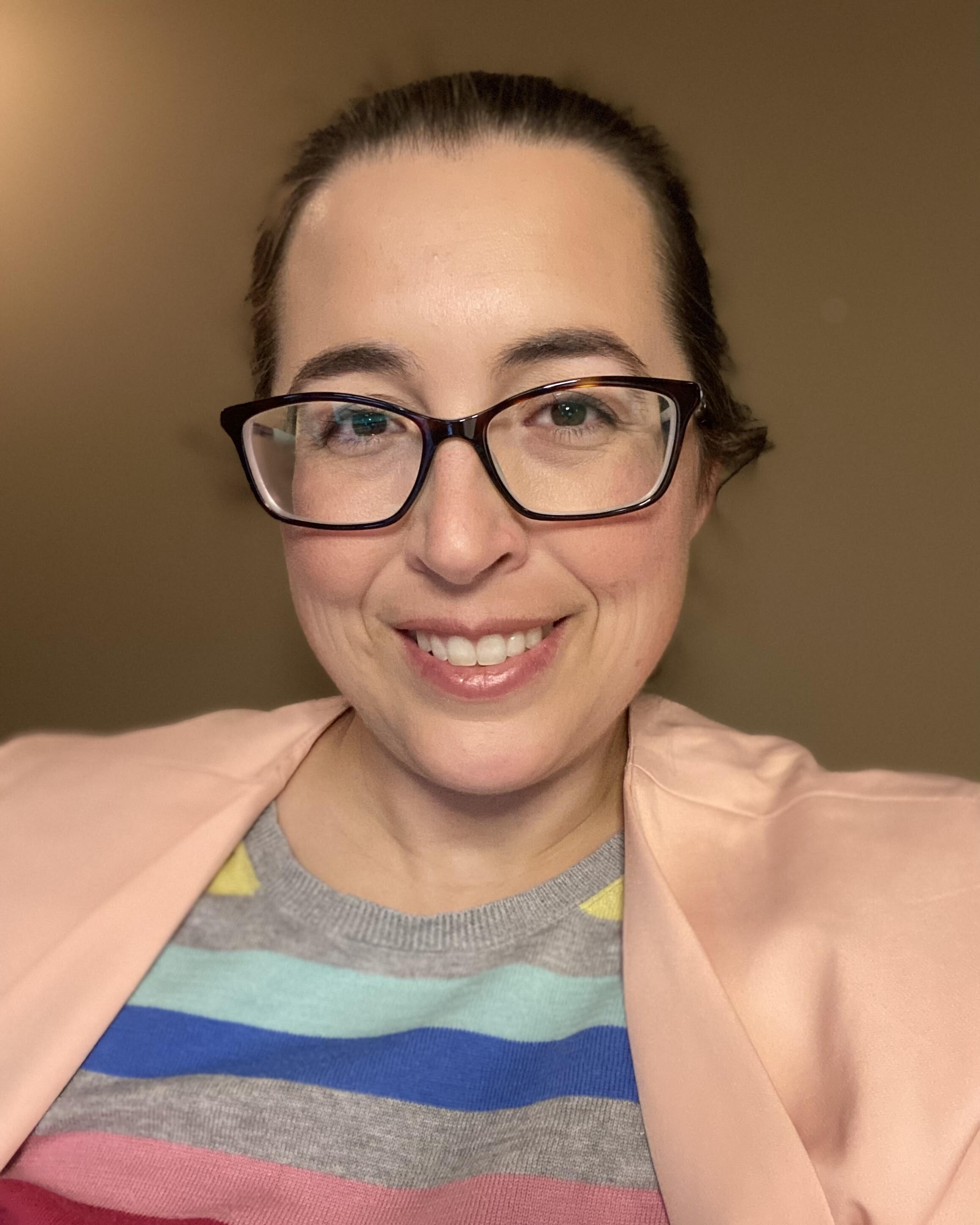
Ashley Haynes, MD, FACEP (Moderator)
Medical Toxicologist, Addiction Medicine Specialist
Veterans Health Administration
Dr. Haynes completed training in a combined emergency medicine-internal medicine program in 2014, and a toxicology fellowship at UTSW in 2016. She has been treating substance use disorders as part of her practice since that time and is board certified in addition medicine. She currently works for the VA at the Robert J Dole Veterans Medical Center in Wichita, KS, treating patients in a residential treatment center, as well as clinic, and performing bedside consults.
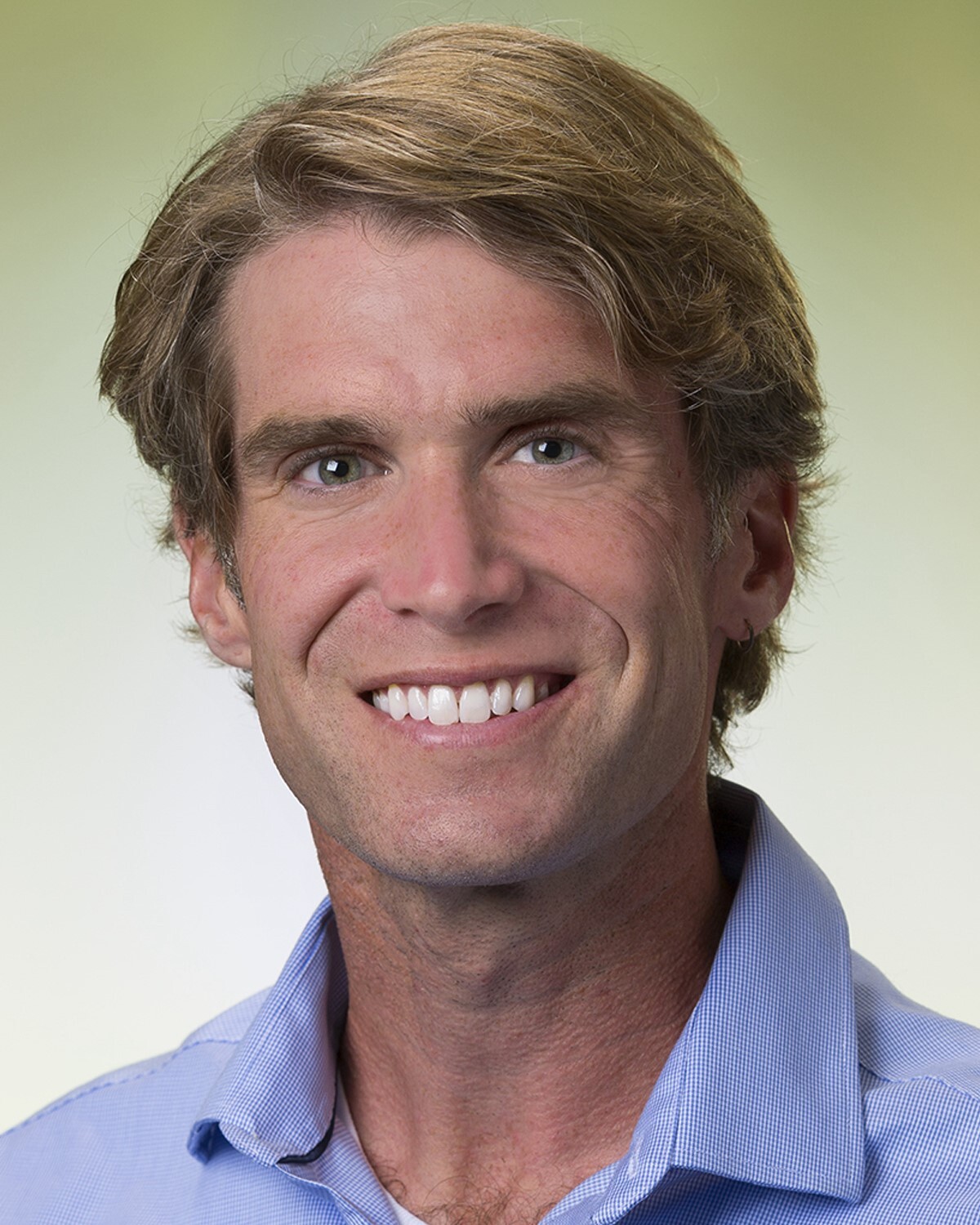
Robert "Cole" Pueringer, MD
Medical Toxicologist, Addiction Medicine Specialist, Hospitalist
Essentia Health in Duluth
Dr. Robert “Cole” Pueringer is a Medical Toxicologist, Addiction Medicine Specialist, and Hospitalist. He joined Essentia Health in September of 2022. He completed his medical training in the Twin Cities, including Medical School at the University of Minnesota, Internal Medicine Residency and Chief Resident year at Hennepin County Medical Center (HCMC). He received his CTropMed certification for Tropical Medicine & Travelers’ Health at the University of Minnesota. He then completed a Medical Toxicology fellowship at the Health Partners Institute/HCMC in 2021 and an Addiction Medicine fellowship at the University of Minnesota in 2022. His academic interests include medical education, Global Health, and the overlap of Medical Toxicology and Addiction Medicine. He is particularly passionate about substance use disorder - a disease that has affected many aspects of his own life – and hopes to contribute significantly to substance use treatment, education, de-stigmatization, and harm reduction in northern Minnesota.
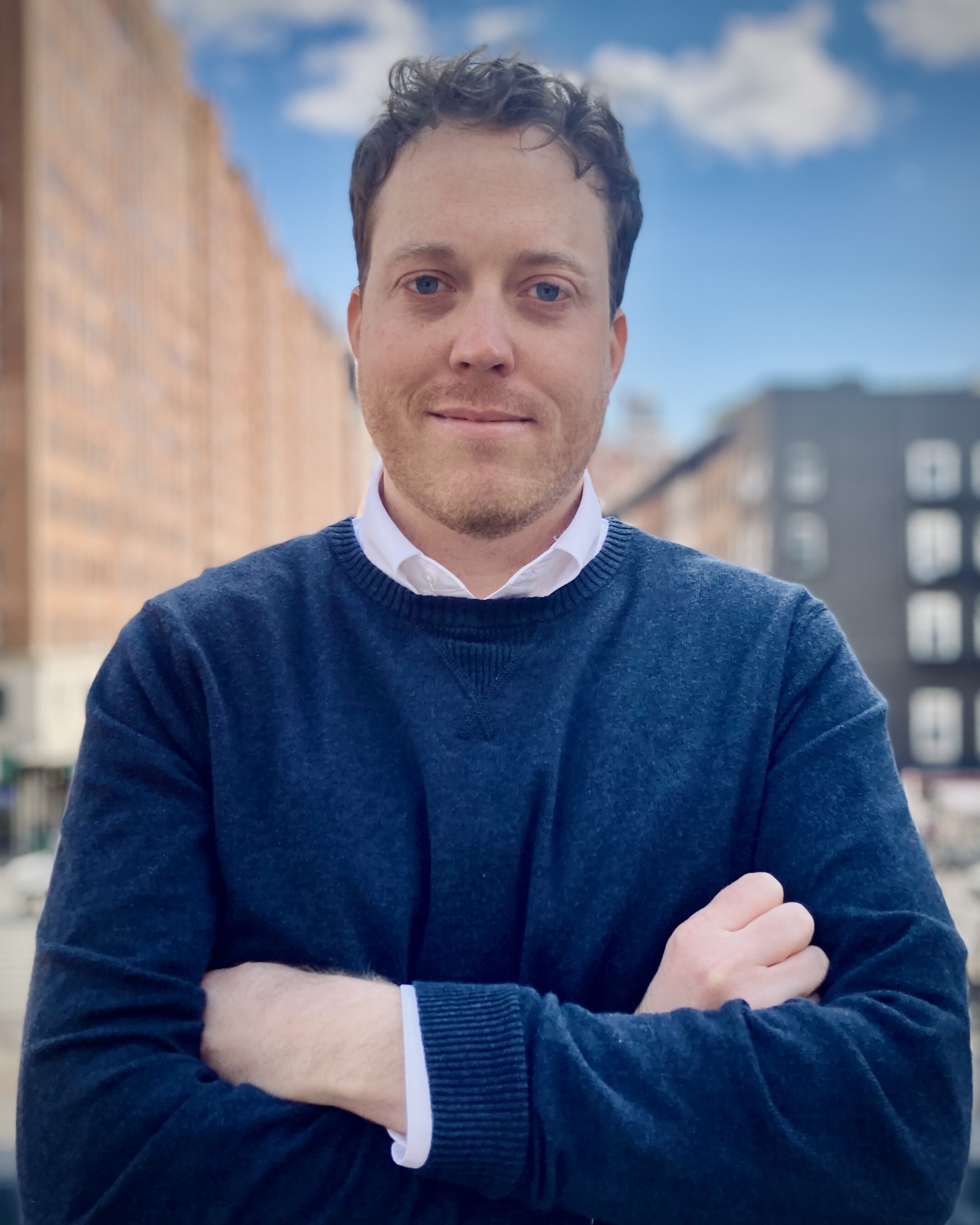
Kevin Wenzel, PhD
Psychologist and Director of Research
Maryland Treatment Centers, Mountain Manor Treatment Center
Kevin Wenzel, PhD is a clinical psychologist and the director of research at Maryland Treatment Centers. There, he oversees a portfolio of clinical research related to substance use disorder. Dr. Wenzel has served as a principal or co-investigator on a number of NIH-funded clinical trials related to the treatment of opioid use disorder with a special focus on initiation and retention on relapse prevention medications, especially among young adults. In addition to his primary research endeavors, he oversees a clinical training program for psychology students at MTC and provides regular trainings for clinical staff.
Registration Rates
Registration includes:
- 90-day access to all course content
- Access to the Speaker slides
- 5.50 Continuing Education Certificate. Available credits: Continuing Medical Education (CME), Continuing Nursing Education (CNE), and Continuing Pharmacy Education (CPE).
Member Rates
Member Tier I: Full, Affiliate, International, Emeritus |
$200 |
Member Tier II: Fellows |
$150 |
Member Tier III: Residents, International - Developing Country |
$75 |
Member IV: Medical Students |
$50 |
Non-Member Rates
Non-member Tier I: Physicians, Pharmacists, Lawyers, "Other" |
$300 |
Non-member Tier II: Fellows, SPIs, Nurses, etc. |
$200 |
Non-member Tier III: Educators & Emergency Responders |
$125 |
Non-member IV: Residents & Students |
$100 |
ACMT Membership
ACMT Members receive a discounted rate. Interested in becoming an ACMT Member? Contact our Membership Team at membership@acmt.net. Learn more at: www.acmt.net/membership
Refunds and Cancellations
For information on ACMT's Cancellation and refund policy, click here.
Questions?
For any questions, please email us at events@acmt.net.
Instructions
Once you have completed your registration:
- Click on the Contents tab. This is where you will be able to see all lectures and required content for this course.
- Watch all lectures. Learners will be required to watch at least 3/4 of the video before it will be marked as complete.
- Complete the Post-Test. These questions are based on content from the lectures and require a 80% to pass.
- Complete the CE Survey. These questions are required to claim your CE certificate.
- Once you have completed all other components, you will be able to claim your CE certificate.
Hardware/Software Requirements
Computer or Other Internet-Enabled Device; Internet Connection; Browser.
Materials
None.
Prerequisites
None.
Format
This is a self-guided course with CME, CNE, and CPE.
Need Assistance or Have Questions?
For assistance logging in, accessing content, purchasing or completing Continuing Education credits, or for other questions, please contact us at events@acmt.net or visit our FAQ page.
If you are in need of accessible learning accommodations, please contact events@acmt.net for additional assistance.
Continuing Education

Continuing Education credit for this activity will be provided by AKH Inc., Advancing Knowledge in Healthcare.
Criteria for Success
Statements of credit will be awarded based on the participant's attendance. A statement of credit will be available upon completion of an online evaluation/claim credit form available at:
URL: https://education.acmt.net/p/2024YouthSUDSymposiumOnDemand
If you have questions about this CE activity, please contact AKH Inc at JGoldman@akhcme.com.
Credit for this activity will expire on June 14, 2025. Please watch all videos and claim credit before this date.
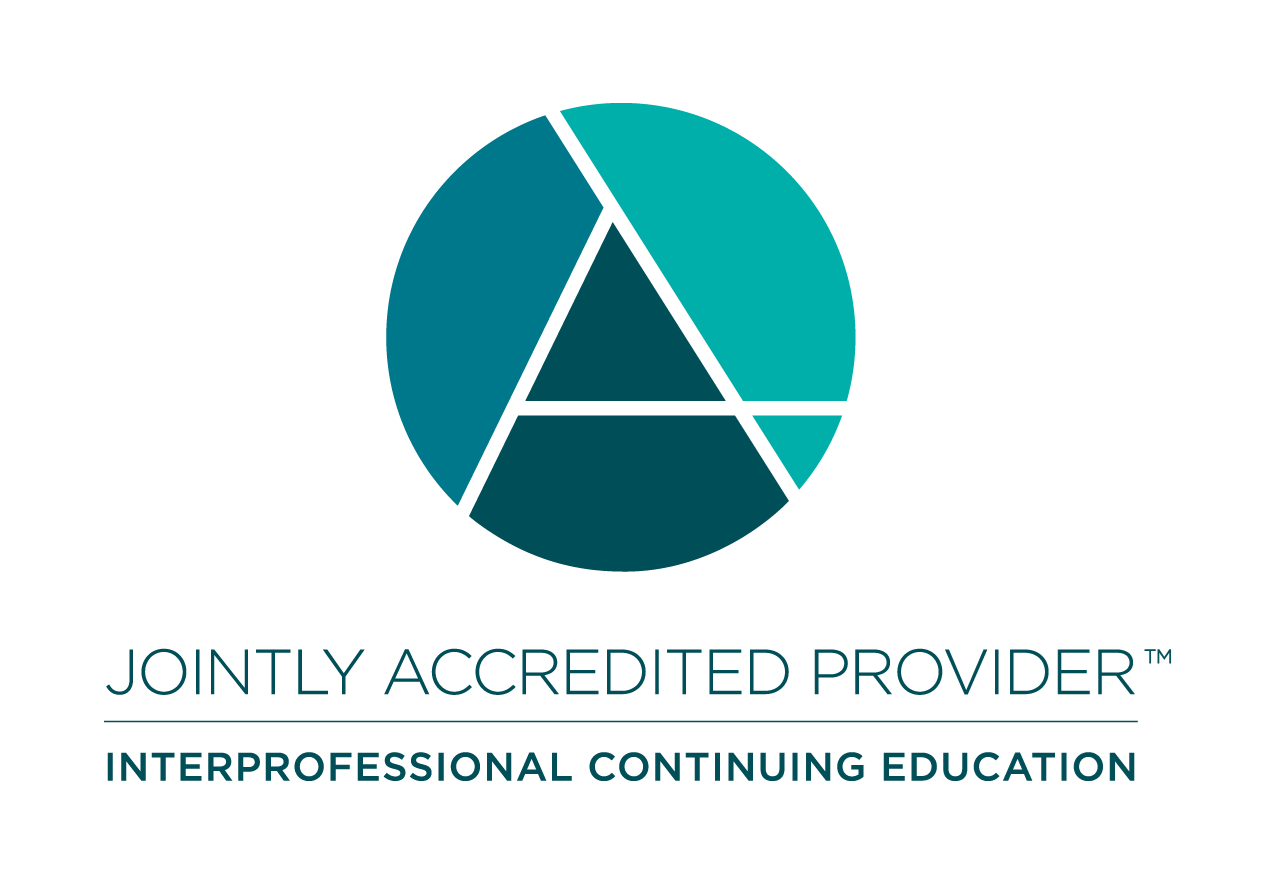
In support of improving patient care, this activity has been planned and implemented by AKH Inc., Advancing Knowledge in Healthcare and American College of Medical Toxicology (ACMT). AKH Inc., Advancing Knowledge in Healthcare is jointly accredited by the Accreditation Council for Continuing Medical Education (ACCME), the Accreditation Council for Pharmacy Education (ACPE), and the American Nurses Credentialing Center (ANCC), to provide continuing education for the healthcare team. If you are seeking continuing education credit for a specialty not listed above, it is your responsibility to contact your licensing/certification board to determine course eligibility for your licensing/certification requirement.
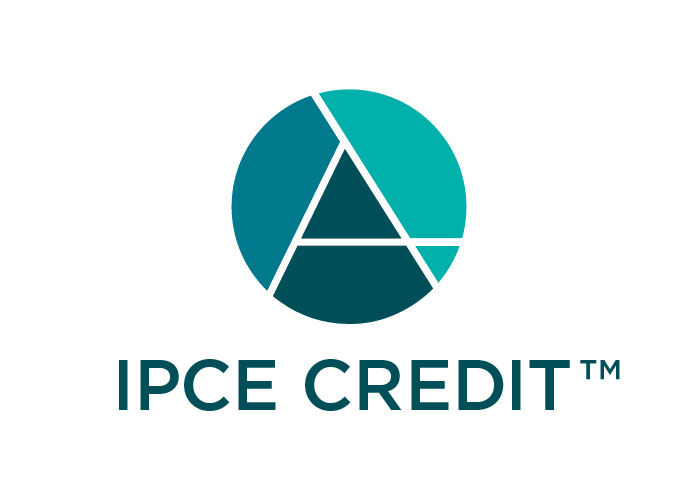
This activity was planned by and for the healthcare team, and learners will receive 5.50 Interprofessional Continuing Education (IPCE) credit for learning and change.
Physicians
AKH Inc., Advancing Knowledge in Healthcare designates this enduring material for a maximum of 5.5 AMA PRA Category 1 Credit(s)™. Physicians should claim only the credit commensurate with the extent of their participation in the activity.
Pharmacists
AKH Inc., Advancing Knowledge in Healthcare designates this continuing education activity for 5.5 contact hours.
Nurses
Credit being awarded: 5.5 ANCC contact hours
Commercial Support
There is no commercial support for this activity.
Disclosures
It is the policy of AKH Inc. to ensure independence, balance, objectivity, scientific rigor, and integrity in all of its continuing education activities. The author must disclose to the participants any significant relationships with ineligible companies whose products or devices may be mentioned in the activity or with the commercial supporter of this continuing education activity. Identified conflicts of interest are mitigated by AKH prior to accreditation of the activity. AKH planners and reviewers have no relevant financial relationships to disclose.
Disclosure of Unlabeled Use and Investigational Product
This educational activity may include discussion of uses of agents that are investigational and/or unapproved by the FDA. Please refer to the official prescribing information for each product for discussion of approved indications, contraindications, and warnings.
Disclaimer
This course is designed solely to provide the healthcare professional with information to assist in his/her practice and professional development and is not to be considered a diagnostic tool to replace professional advice or treatment. The course serves as a general guide to the healthcare professional, and therefore, cannot be considered as giving legal, nursing, medical, or other professional advice in specific cases. AKH Inc. specifically disclaim responsibility for any adverse consequences resulting directly or indirectly from information in the course, for undetected error, or through participants misunderstanding of the content. If you would like to opt out from future communications from AKH please send an email to optout@akhcme.com with your information with "Opt Out" in the subject line.



